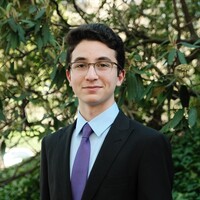Enhancing Transduction Efficiency of Chimeric Antigen Receptor T Cells With RetroNectin and Poloxamer 407
Immunoglobulin heavy chain variable region 4-34 (IGHV4-34) directed CAR T cell therapy has shown potential as a specific treatment for diffuse large B cell lymphomas (DLBCL) because of the ability to target IGHV4-34+ tumor cells while sparing healthy B cells. Yet, achieving high transduction efficiency when manufacturing anti-IGHV4-34 CAR T cells remains challenging. Because of the increased size of the lentiviral vector, it is difficult to obtain a high yield of CAR4-34-positive T cells. Therefore, this project investigates different methods for manufacturing CART4-34 cells.
To evaluate different transduction methods, CART4-34 was manufactured using different reagents and transduction efficiency was measured using flow cytometry. A variety of transduction efficiency boosters were examined in combination with RetroNectin, which enhances transduction by facilitating close physical proximity between virus particles and target cells. Lentiviral transduction of the CAR4-34 construct was carried out and the condition with the highest CAR positivity was expanded for 16 days.
CART4-34 manufactured using RetroNectin and P407 yielded the T cells with the highest EGFR positivity. Based on these results, an expansion of CART4-34 was carried out for 16 days, and high CAR positivity and strong growth was observed. These findings open the door for further experimentation, as previous expansions for CART4-34 cells resulted in much weaker growth rates and CAR positivity values. In conclusion, we found that the combination of RetroNectin and Poloxamer 407 has a valuable impact on CART4-34 manufacturing process.

Comments